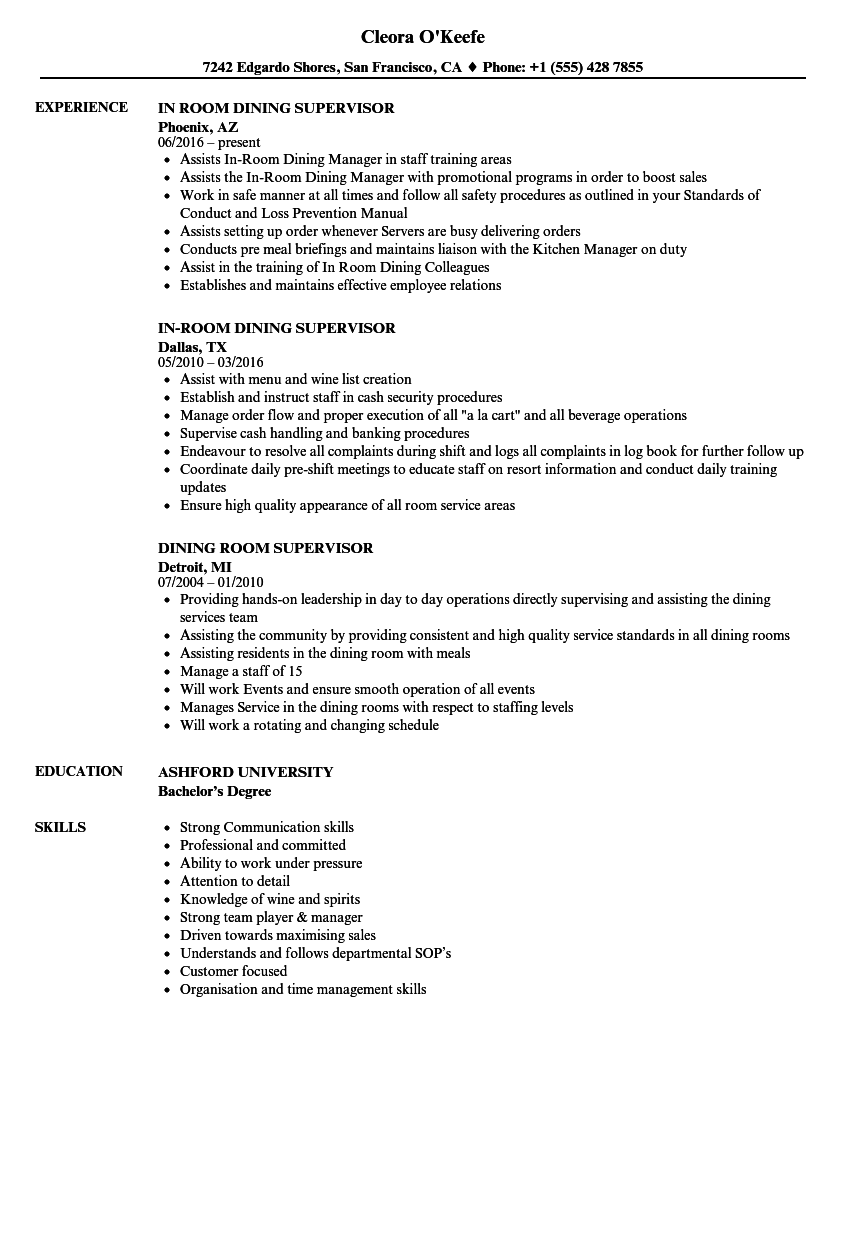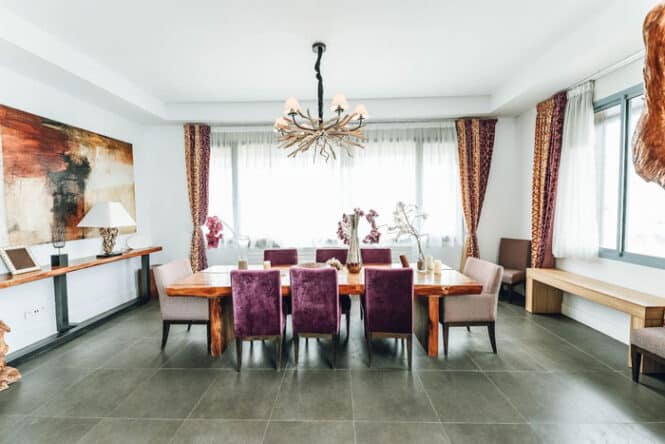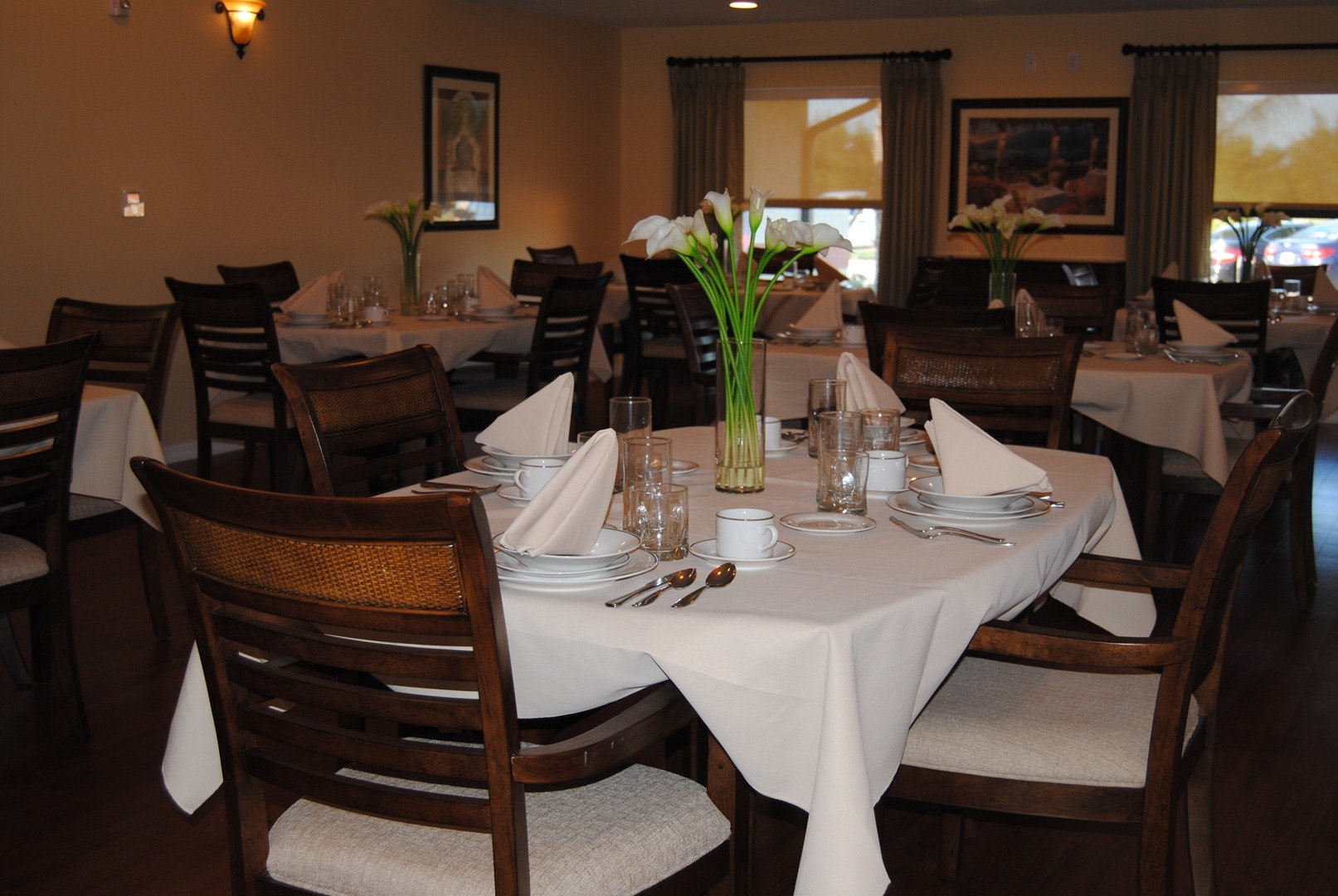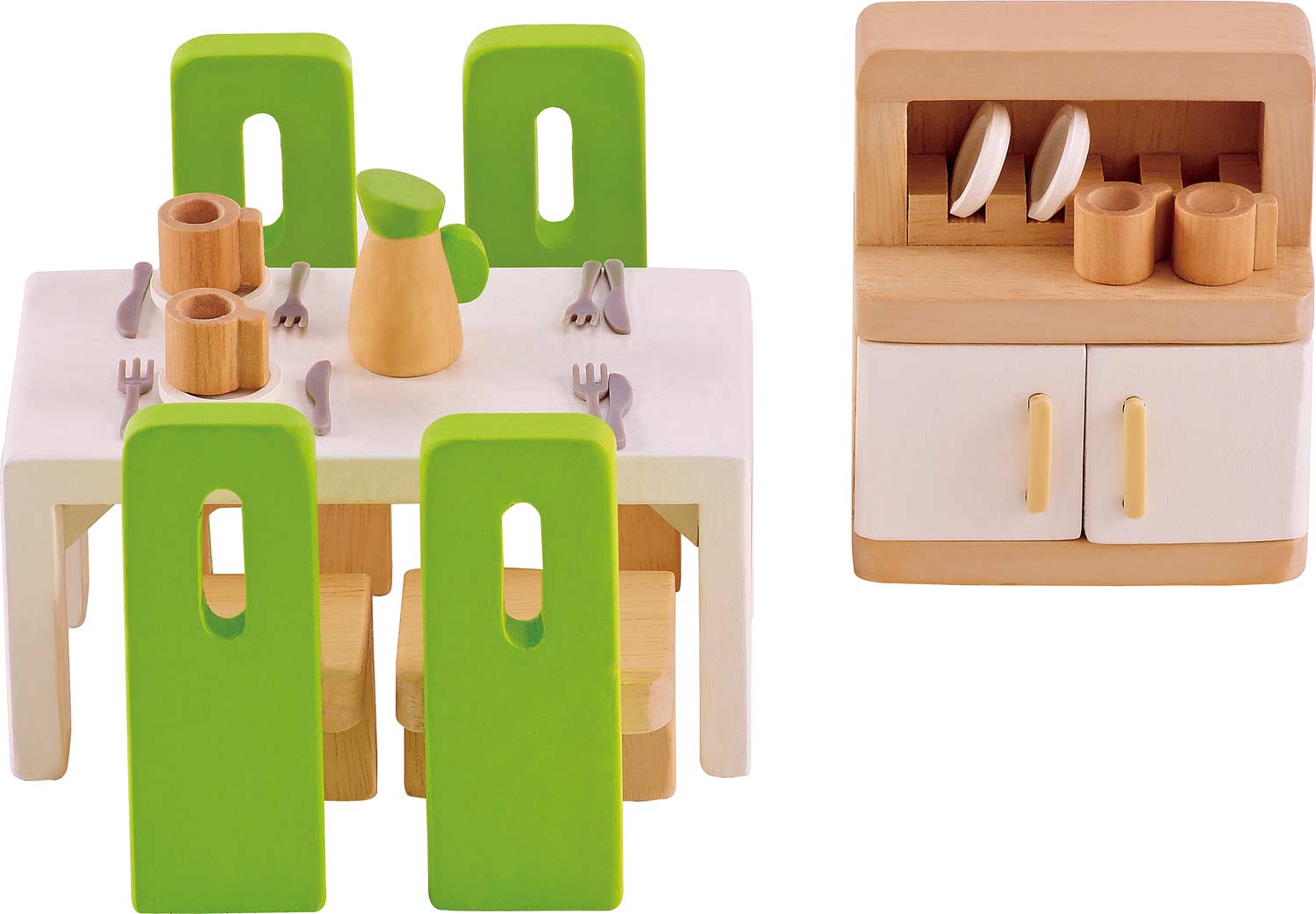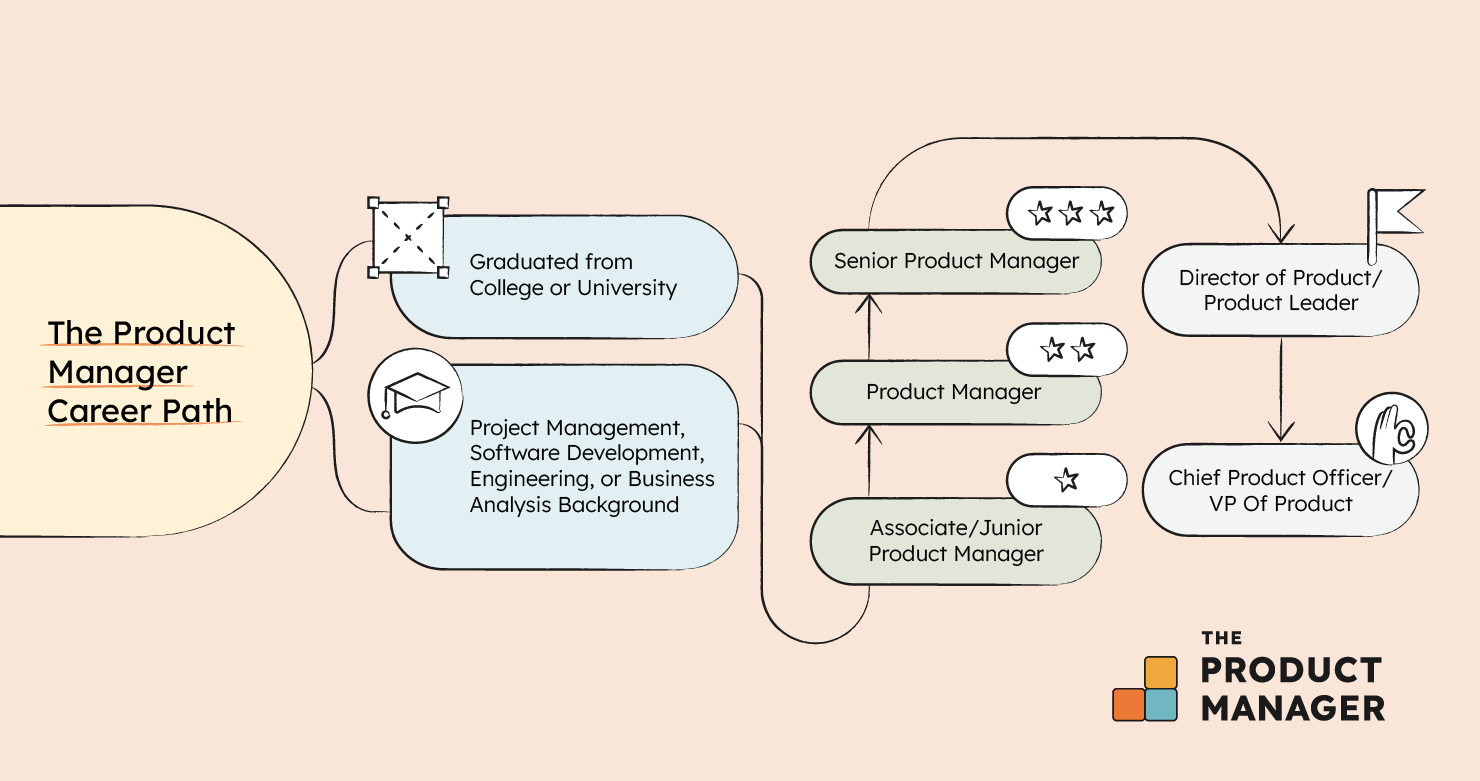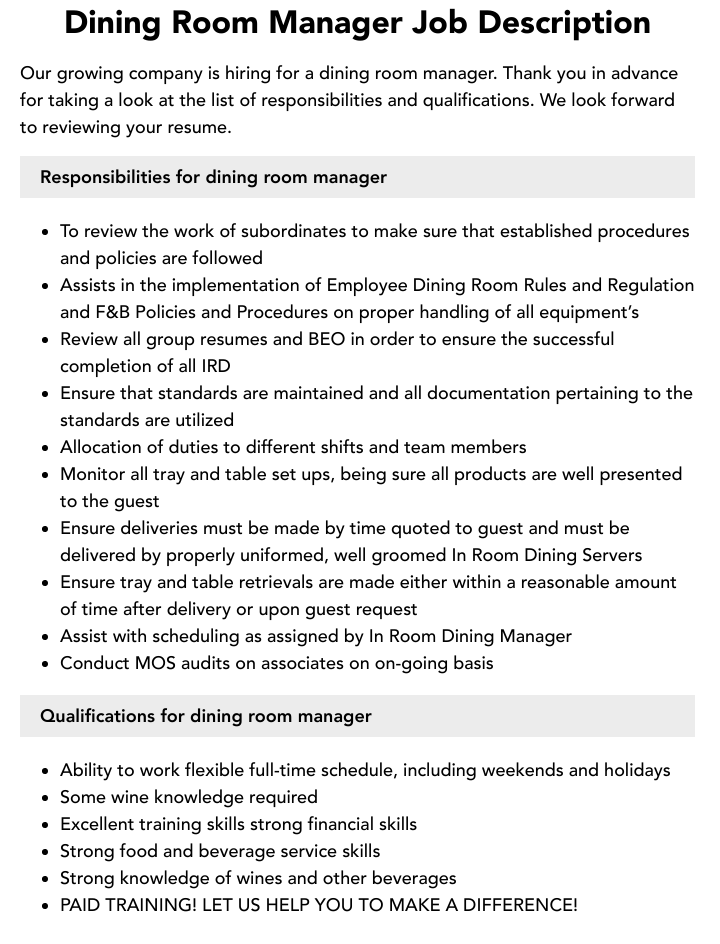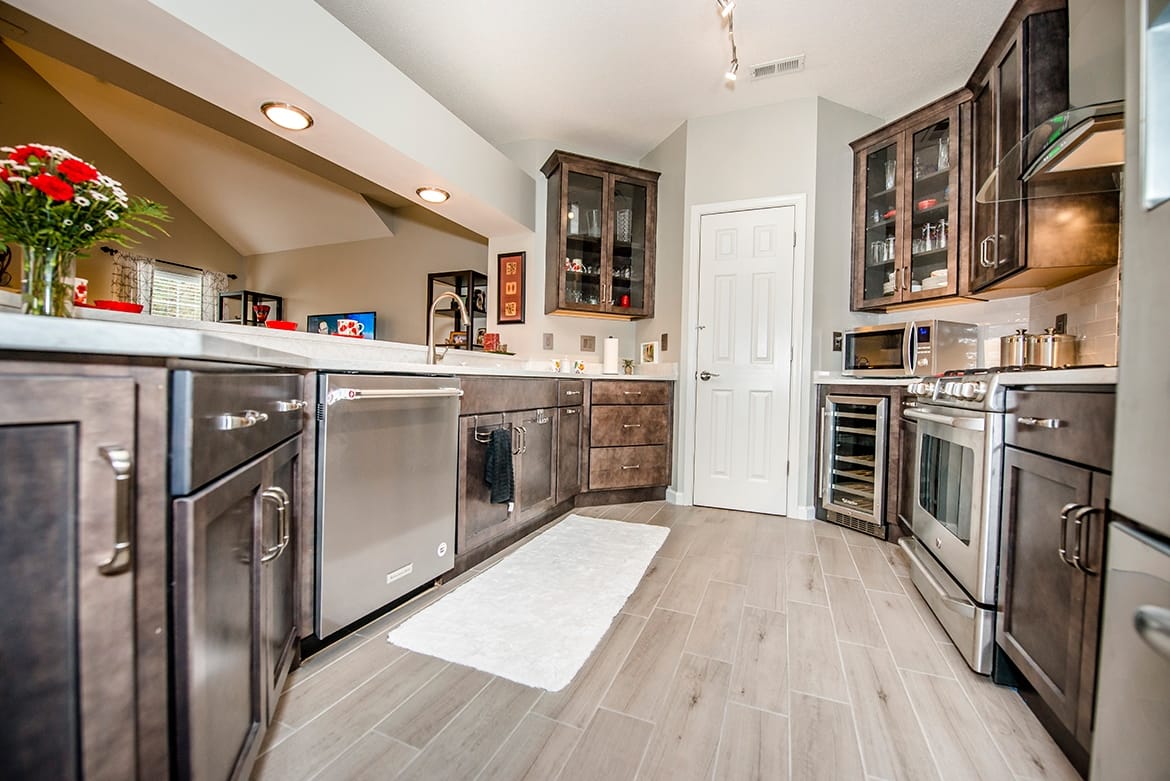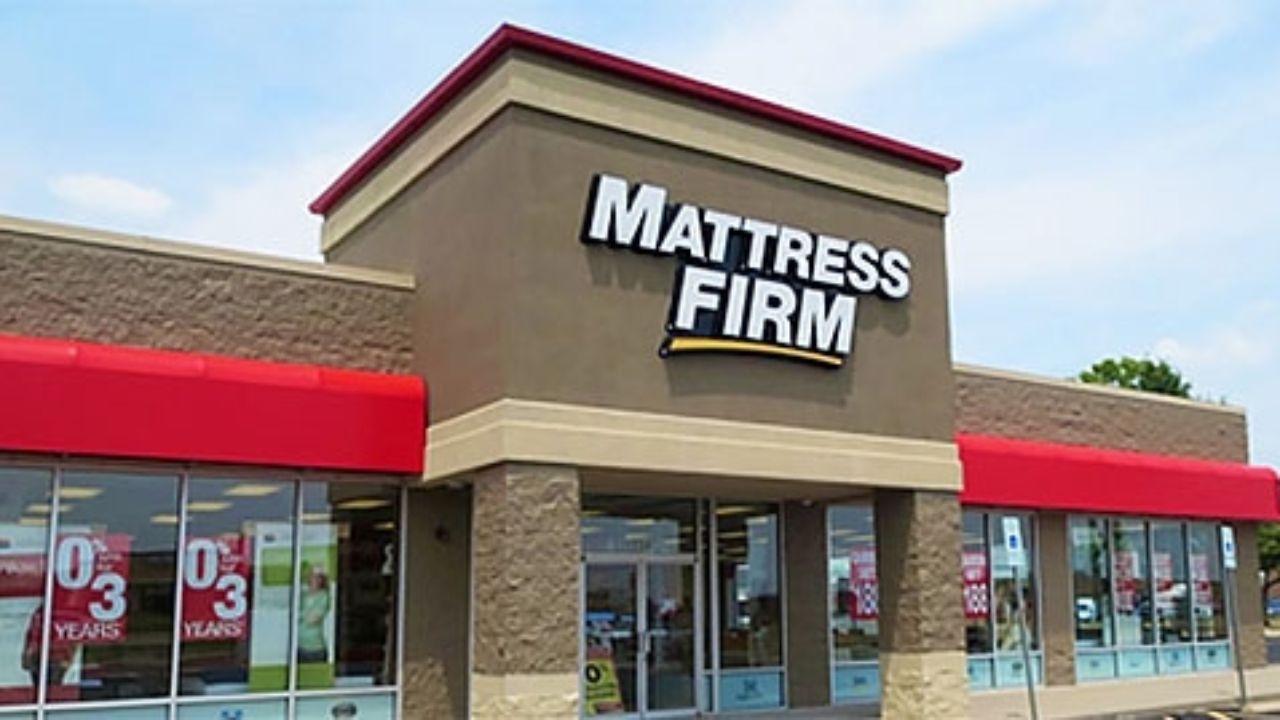The dining room manager is responsible for overseeing the daily operations of the dining room in a restaurant or other food service establishment. They are in charge of ensuring that guests have a pleasant dining experience by managing the front-of-house staff, monitoring the quality of food and service, and handling any issues or complaints that may arise. This role requires a combination of leadership, customer service, and organizational skills. Dining Room Manager Job Description
Managing Staff: The dining room manager is responsible for hiring, training, and scheduling front-of-house staff, including servers, hosts, and bussers. They must also ensure that all staff members are following proper hygiene and safety protocols.
Dining Room Manager Responsibilities
Ensuring Quality Service: The dining room manager must monitor the service provided by their staff to ensure that it meets the standards of the restaurant. They may also handle any customer complaints or issues that arise during the dining experience.
Overseeing Dining Room Operations: This includes managing reservations, seating arrangements, and maintaining the cleanliness and appearance of the dining room.
Monitoring Inventory: The dining room manager is responsible for keeping track of inventory for items such as linens, glassware, and utensils. They must also order new supplies as needed.
Managing Finances: The dining room manager is involved in budgeting and managing costs, including labor and inventory expenses. They may also be responsible for creating and implementing sales strategies to increase revenue.
Collaborating with Kitchen Staff: The dining room manager must work closely with the kitchen staff to ensure that food orders are delivered in a timely manner and meet the expectations of guests.
Maintaining Safety and Sanitation: The dining room manager must ensure that all safety and sanitation standards are met, including proper food handling and storage procedures.
Providing Training and Development: The dining room manager is responsible for training new staff members and providing ongoing training and development opportunities for existing staff to improve their skills and knowledge.
Managing Special Events: Depending on the establishment, the dining room manager may be responsible for planning and coordinating special events, such as private parties or holiday events.
Upholding Company Policies: The dining room manager must ensure that all staff members are following company policies and procedures, including dress code and customer service standards.
Hiring and training front-of-house staff
Dining Room Manager Duties
Monitoring and maintaining quality service
Overseeing dining room operations
Managing inventory and ordering supplies
Managing finances and implementing sales strategies
Collaborating with kitchen staff
Maintaining safety and sanitation standards
Providing training and development opportunities
Planning and coordinating special events
Upholding company policies and procedures
Leadership: The dining room manager must have strong leadership skills to effectively manage and motivate their team.
Dining Room Manager Skills
Customer service: This role requires excellent customer service skills, as the dining room manager is responsible for ensuring guests have a positive experience.
Organization: The dining room manager must be organized and able to manage multiple tasks and responsibilities at once.
Communication: Effective communication with both staff and guests is essential for success in this role.
Problem-solving: The dining room manager must be able to handle any issues or complaints that arise in a calm and professional manner.
Financial management: Strong financial management skills are necessary for managing costs, creating budgets, and implementing sales strategies.
Time management: The dining room manager must be able to prioritize tasks and manage their time effectively to ensure a smooth operation.
Attention to detail: Attention to detail is important for maintaining quality service and ensuring safety and sanitation standards are met.
Teamwork: The dining room manager must be able to work collaboratively with both front-of-house and kitchen staff to ensure a successful dining experience.
Adaptability: Things can change quickly in the restaurant industry, so the dining room manager must be able to quickly adapt to new situations and challenges.
To become a dining room manager, most establishments require candidates to have a high school diploma or equivalent. Some may prefer candidates with a degree in hospitality or business management. Previous experience in the food service industry, particularly in a supervisory or management role, is also typically required. Additionally, the dining room manager should have strong customer service, communication, and organizational skills. They should also be knowledgeable about food safety and sanitation regulations. Dining Room Manager Qualifications
According to the Bureau of Labor Statistics, the median annual salary for food service managers, including dining room managers, was $55,320 as of May 2020. However, salaries can vary depending on the type of establishment and location. Experienced dining room managers in high-end restaurants may earn significantly more. In addition to a salary, dining room managers may also receive bonuses and other benefits. Dining Room Manager Salary
Most dining room managers receive on-the-job training, but some may also attend formal training programs offered by restaurants or hospitality organizations. These programs may cover topics such as customer service, financial management, and food safety. Ongoing training and development opportunities are also important for dining room managers to stay updated on industry trends and best practices. Dining Room Manager Training
Many dining room managers start their careers as servers or hosts and work their way up to a management position through experience and training. Some may also start in other roles within the restaurant industry, such as kitchen staff or bartenders, and then transition into a management role. With experience and a strong track record, dining room managers may advance to higher-level management positions, such as general manager or regional manager. Dining Room Manager Career Path
The job outlook for dining room managers is expected to be positive, with a 5% growth rate from 2019-2029, according to the Bureau of Labor Statistics. As the restaurant industry continues to grow, there will be a need for skilled managers to oversee operations and ensure a positive dining experience for guests. Dining Room Manager Job Outlook
The work environment for dining room managers can vary depending on the type of establishment. They may work in fine dining restaurants, casual eateries, or other food service establishments. The work can be fast-paced and high-pressure, particularly during peak dining times. Long and irregular hours, including nights and weekends, are common in this role. However, the dining room manager also has the opportunity to interact with guests and be a part of creating memorable dining experiences. Dining Room Manager Work Environment
Dining Room Manager Job Scope
 As a dining room manager, your main responsibility is to oversee all aspects of the dining room operations, including staffing, inventory management, and customer service. This role requires strong leadership skills, attention to detail, and a deep understanding of the hospitality industry. Your main goal is to ensure that the dining room runs smoothly and provides an exceptional experience for guests.
As a dining room manager, your main responsibility is to oversee all aspects of the dining room operations, including staffing, inventory management, and customer service. This role requires strong leadership skills, attention to detail, and a deep understanding of the hospitality industry. Your main goal is to ensure that the dining room runs smoothly and provides an exceptional experience for guests.
Leadership and Staffing
 One of the primary duties of a dining room manager is to lead and manage the dining room staff. This includes hiring, training, and scheduling employees to ensure adequate coverage during peak hours.
Effective communication and organizational skills
are crucial in this role as you will be responsible for delegating tasks and managing the team to ensure excellent customer service. Additionally, you will be responsible for
creating and implementing training programs
to maintain a high level of service and consistency among all staff members.
One of the primary duties of a dining room manager is to lead and manage the dining room staff. This includes hiring, training, and scheduling employees to ensure adequate coverage during peak hours.
Effective communication and organizational skills
are crucial in this role as you will be responsible for delegating tasks and managing the team to ensure excellent customer service. Additionally, you will be responsible for
creating and implementing training programs
to maintain a high level of service and consistency among all staff members.
Inventory Management
 Another important aspect of a dining room manager's job is inventory management. This involves
keeping track of all supplies, food, and beverages
to ensure that the dining room is well-stocked and prepared for service. You will need to work closely with the kitchen staff and suppliers to
monitor inventory levels
and place orders when necessary. Managing inventory effectively is essential in maintaining the overall profitability of the restaurant.
Another important aspect of a dining room manager's job is inventory management. This involves
keeping track of all supplies, food, and beverages
to ensure that the dining room is well-stocked and prepared for service. You will need to work closely with the kitchen staff and suppliers to
monitor inventory levels
and place orders when necessary. Managing inventory effectively is essential in maintaining the overall profitability of the restaurant.
Customer Service
 As a dining room manager, providing exceptional customer service is a top priority. You will need to
create a welcoming and enjoyable atmosphere
for guests, and handle any customer complaints or issues that may arise.
Strong interpersonal skills
are crucial in this role, as you will be interacting with customers on a daily basis. You must also have a good understanding of the menu and be able to make recommendations to guests.
In conclusion, a dining room manager plays a crucial role in the overall success of a restaurant. It requires a combination of leadership, organization, and customer service skills to effectively manage the dining room operations. If you have a passion for hospitality and enjoy working in a fast-paced environment, then this may be the perfect job for you. Start your career as a dining room manager today and be a part of creating unforgettable dining experiences for guests.
As a dining room manager, providing exceptional customer service is a top priority. You will need to
create a welcoming and enjoyable atmosphere
for guests, and handle any customer complaints or issues that may arise.
Strong interpersonal skills
are crucial in this role, as you will be interacting with customers on a daily basis. You must also have a good understanding of the menu and be able to make recommendations to guests.
In conclusion, a dining room manager plays a crucial role in the overall success of a restaurant. It requires a combination of leadership, organization, and customer service skills to effectively manage the dining room operations. If you have a passion for hospitality and enjoy working in a fast-paced environment, then this may be the perfect job for you. Start your career as a dining room manager today and be a part of creating unforgettable dining experiences for guests.

